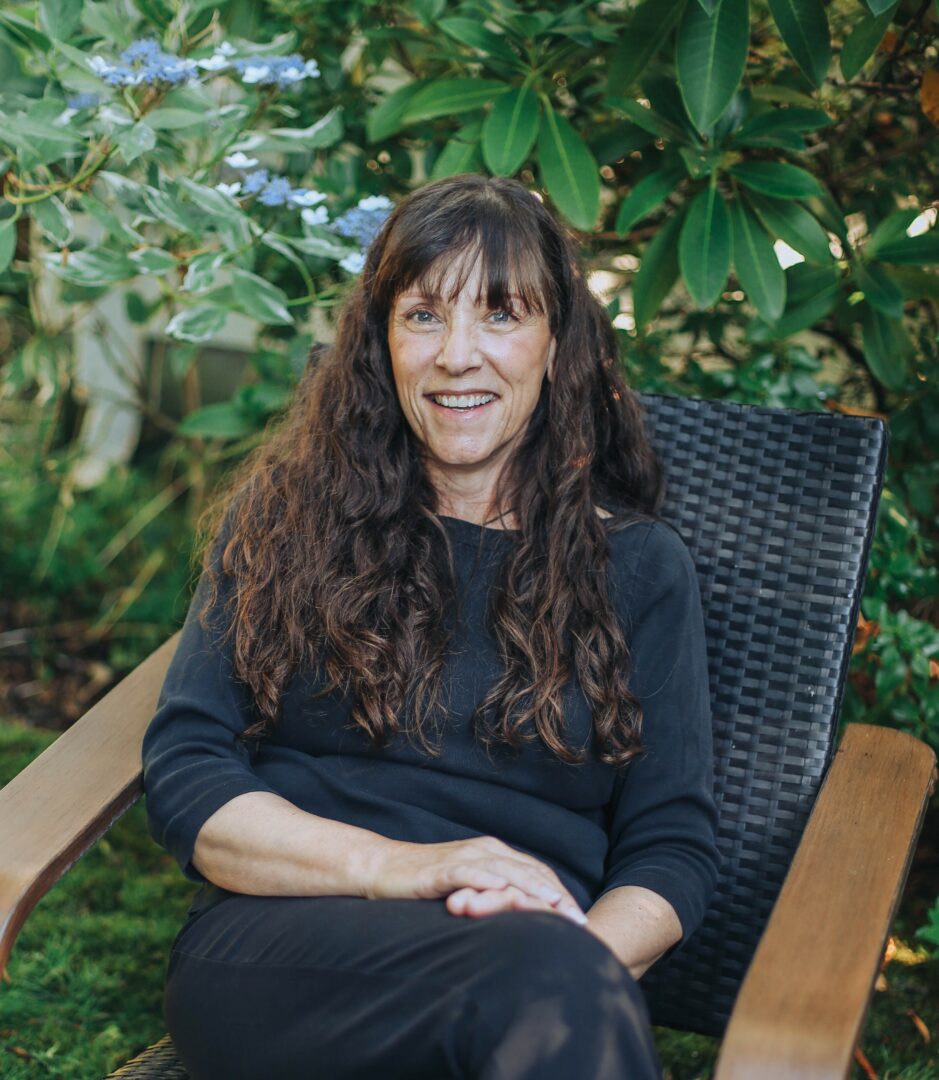We’re excited to introduce you to the always interesting and insightful Heidi Fedore. We hope you’ll enjoy our conversation with Heidi below.
Heidi, we’re thrilled to have you on our platform and we think there is so much folks can learn from you and your story. Something that matters deeply to us is living a life and leading a career filled with purpose and so let’s start by chatting about how you found your purpose.
There was something powerful and terrifying about being one of three finalists for a marketing position for a local credit union, back in 1988. I was out gardening at my parents’ house and was running through my most meaningful experiences: tutoring a disabled college student, serving as an adult with a teen advisory committee, and substituting as a para-educator. Like a flash of light, I realized that I didn’t want to work in the corporate setting and, instead, wanted to work with adolescents. I walked into the house, called the credit union, and withdrew my name from the finalist list. Shortly after that, I enrolled in Pacific Lutheran University’s teaching certification program.
Since 1992, serving adolescents, as an English teacher and school administrator, has been the most rewarding and most stressful role I’ve had. During that time, my love for writing and fascination with teenagers grew, and my fodder for stories flourished.
As a school principal, addressing heartbreaking bullying was one of my greatest challenges and is where the idea for a young adult novel originated. When I retired, in 2022, I began to write “Pigs and Flakes,” a story about a 16-year-old who is humiliated and bullied. To avoid this, she travels to England to work on her uncle’s farm and discovers that wherever you go, there you are.
Publishing this novel has been less about publishing a book and more about starting or continuing a conversation about mental health, finding out about ourselves, and connecting with a community.
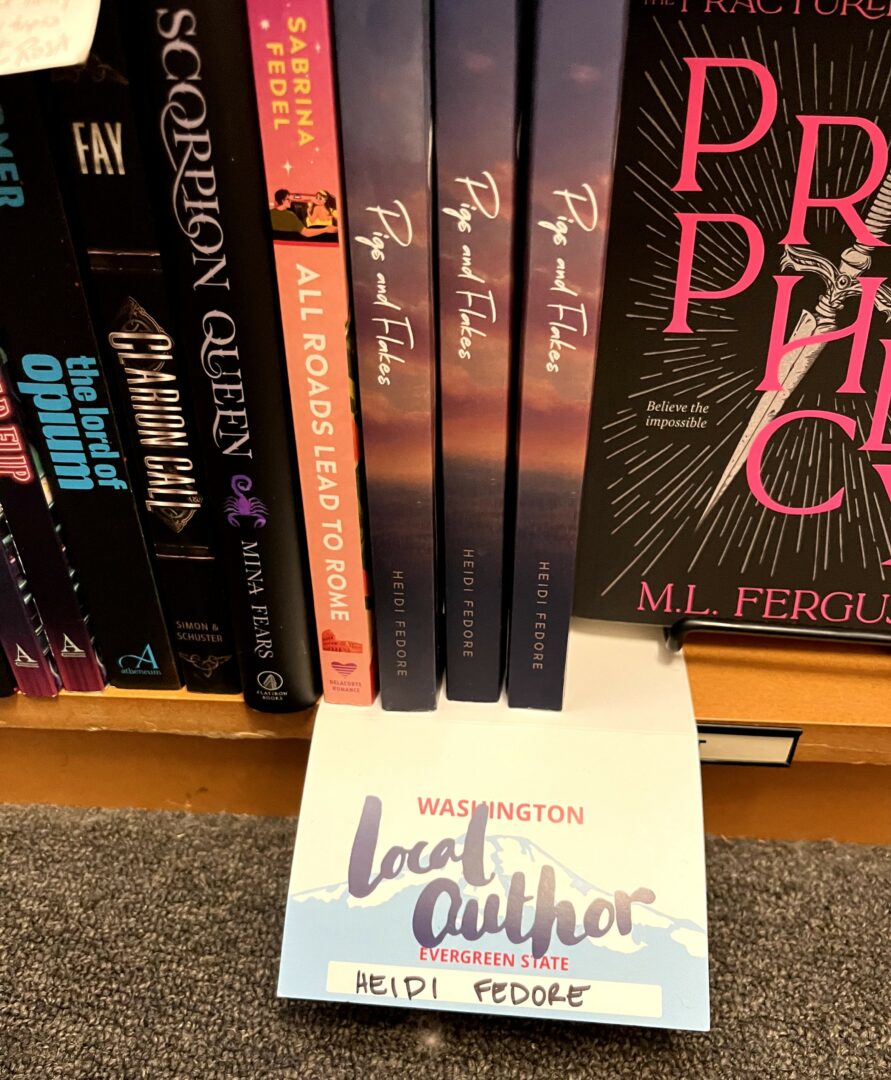
Thanks for sharing that. So, before we get any further into our conversation, can you tell our readers a bit about yourself and what you’re working on?
Even though I know that horror and fantasy fiction is popular with young people, I didn’t want to write what was most marketable. We already have enough horror in real life. The word, “delightful,” kept entering my mind as I was outlining my debut novel, “Pigs and Flakes.” This story has its serious elements, such as bullying and the blow back of social media, but I wanted to capture the magic of my grandparents’ and aunt and uncle’s farms in England. I wanted to capture the healing that we gain from being outdoors, immersed in hard work.
As I was writing for two years, learning about publishing, following steps to upload my manuscript onto Amazon, and marketing my novel, my original motivation for writing in the first place pushed me through discouragement (the “no’s” I received from book-talk venues, for example).
My ultimate goal is to host discussions, using the log line of “Pigs and Flakes”: Is it better to let gossip die down, or strike back with fierceness? Another part of the book-talk would include my inspiration. In the early 2000’s, I taught English in an Environmental Science Academy and witnessed students’ reaction to nature.
Writing isn’t just about publishing books for me. It’s about connecting with the community to shed more light on what inspires us, how do we want to be treated and to treat others?
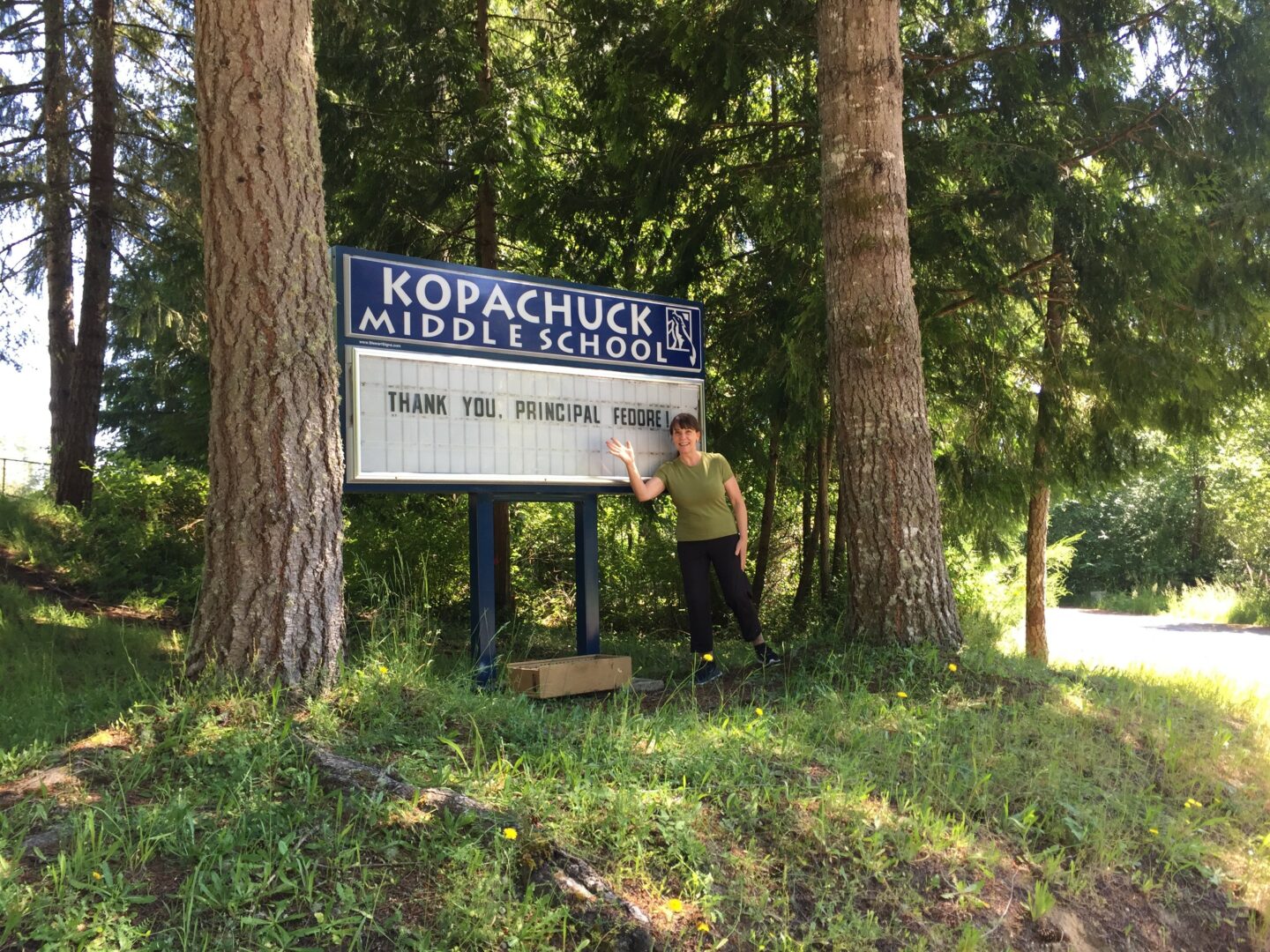
If you had to pick three qualities that are most important to develop, which three would you say matter most?
To be a successful author, a person needs to be persistent, love words, and be willing to solicit and accept feedback.
Several experiences and systems helped me hone my skills and stay focused on writing:
– Join Pacific NW Writers Association or another association and attend as many meetings as you can manage. On the PNWA Zooms, I’m with “my tribe,” which feels like home. I joined a small writers group and we’ve been going strong for four years so far.
– Be methodical about when you write and for how long. When I first started out, I monitored how many words I could write in an hour to maintain a standard of productivity.
– Rather than stopping and researching every detail, use “%%” in places that you need to confirm. I’d stay in “the zone” to write and then go back later in the afternoon and use the “Find” tool, type in %% and my areas with questions would pop up.
– Decide if you’re a pants-er or a plotter. Many authors say it’s best to be a plotter. Write a two-page synopsis of your story before writing your novel. It’ll keep you on task and will ensure that you have a complete story to tell that’ll engage the reader.
– Finish! An unfinished manuscript will haunt you. Get. It. Done.
– While you’re writing your manuscript, build a website, write blogs, post on social media. Start creating a presence out there.
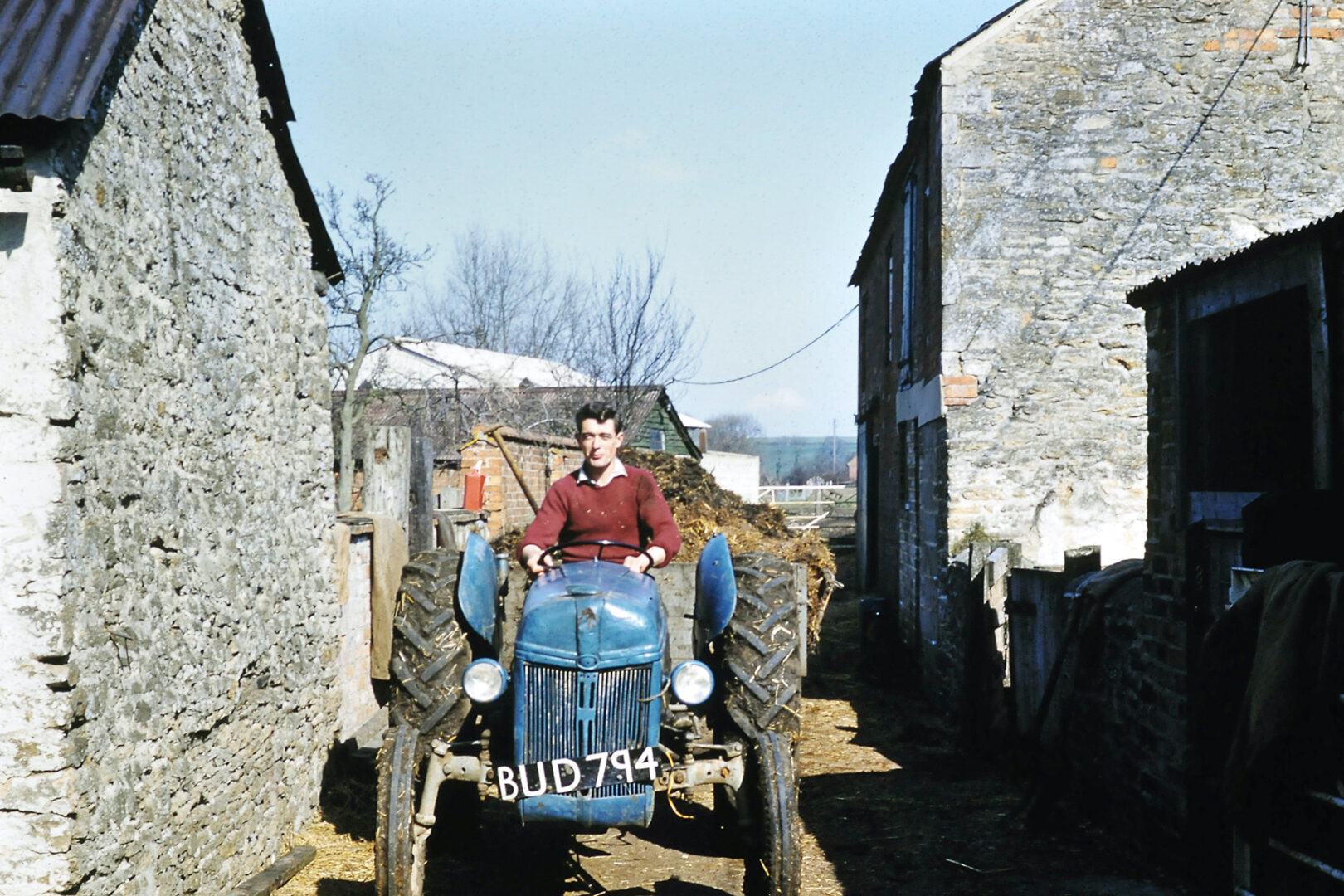
What is the number one obstacle or challenge you are currently facing and what are you doing to try to resolve or overcome this challenge?
I’ve discovered that a self-published novel does not open doors to libraries and indie bookshops. Despite learning this, I still contact libraries to ask if they’re interested in a book-talk that is unique because I’m a retired principal who wants to facilitate conversations about bullying.
Since most libraries have declined my offer, I have sought alternatives like British-themed shops, small cafe’s, and other venues. The greatest challenge with this route is getting people to follow up on emails that I send. Business owners are busy and perhaps just delete my message. I have visited venues in person, which has helped and I’ve dropped names of people they might know to get their attention.
I hope my persistence will pay off. One mantra I give myself is that I don’t need to be in a hurry. Things will fall into place soon enough.
Contact Info:
- Website: https://fedorewriter.com/
- Instagram: fedorewriter
- Facebook: fedorewriter
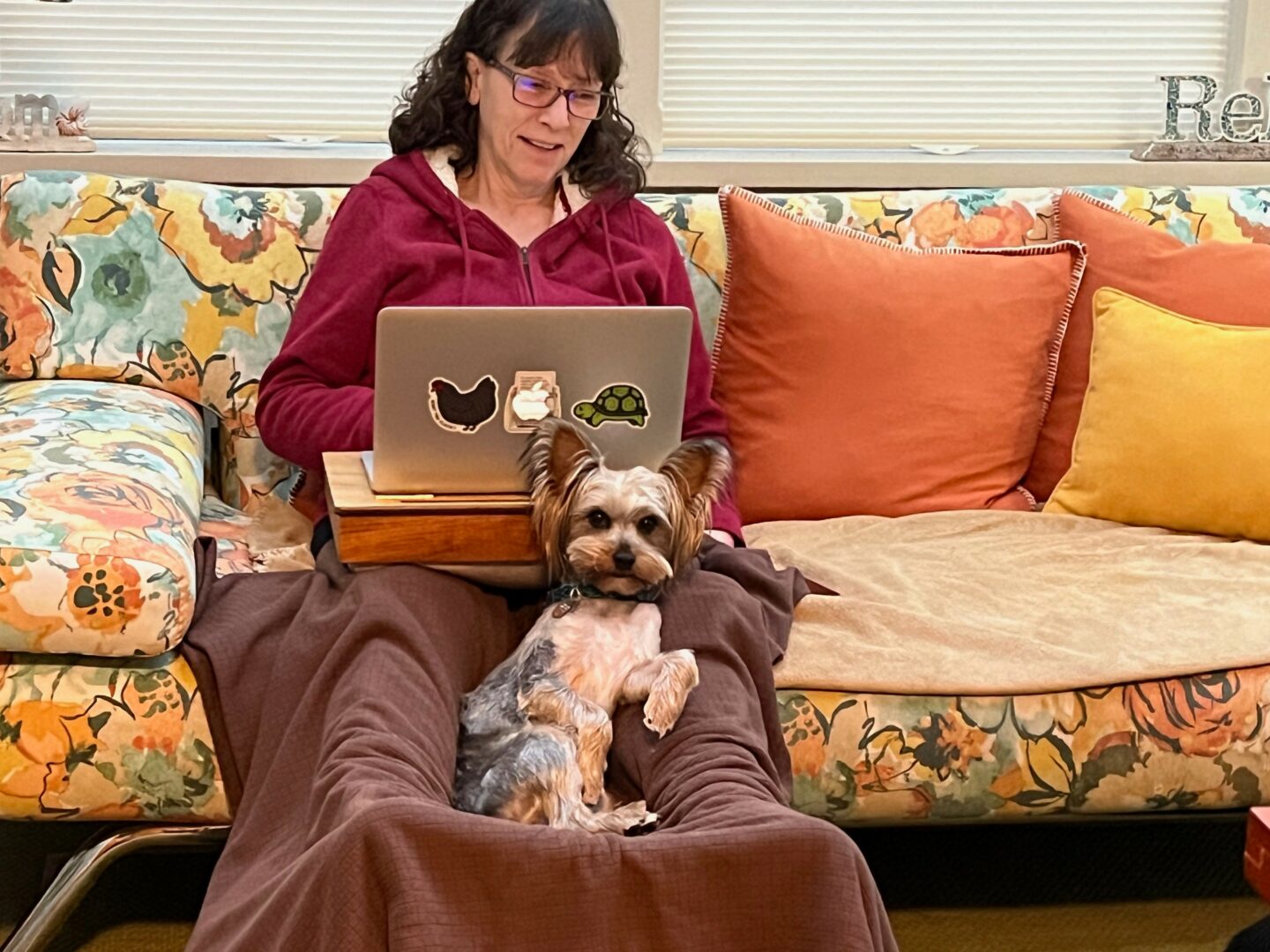
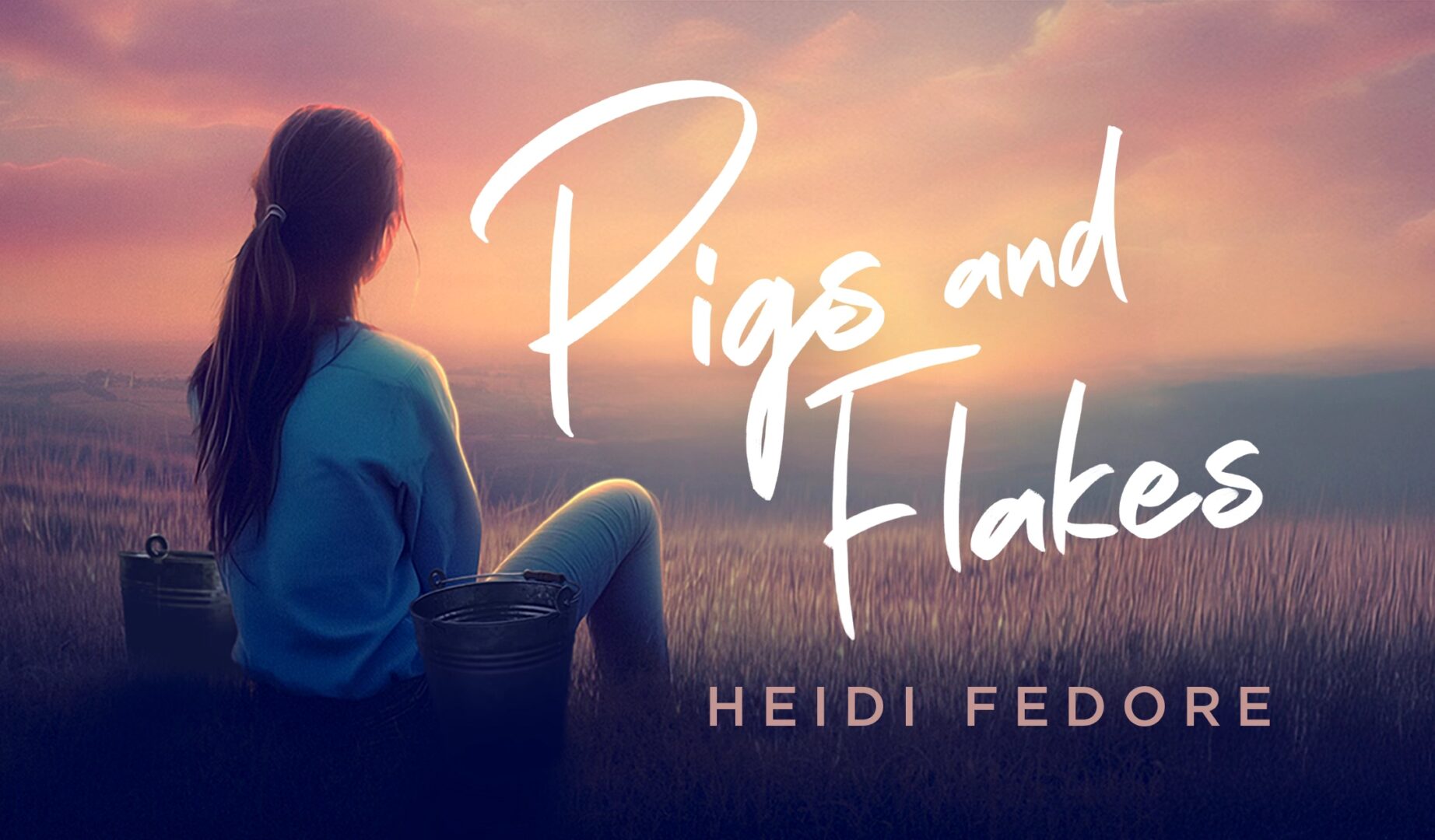
Image Credits
Portrait photo by Megan Fedore (niece & professional photographer)
so if you or someone you know deserves recognition please let us know here.

